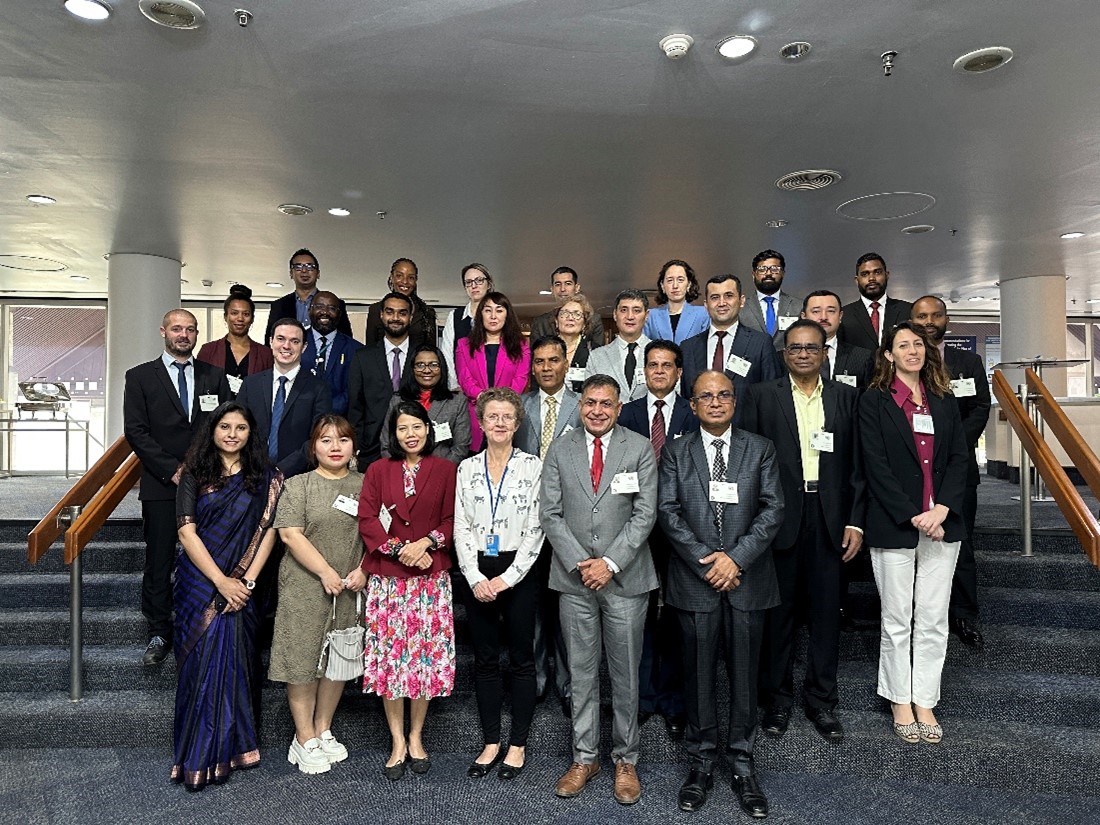Statistics and data for the measurement of illicit financial flows in the Asia-Pacific region (UNODC)

This project aimed to improve the statistical capacity of selected countries in the Asia-Pacific region to produce and measure illicit financial flows (IFFs) and to make use of the resulting metrics for targeted policymaking. The project focused on building countries’ capacity to understand and identify the main sources of IFFs and to provide relevant inputs to increase the effectiveness of legal frameworks and administrative measures to counter them. The project successfully developed statistical capacity to measure illicit financial flows and completed the production of IFF estimates on selected criminal activities or tax and commercial illicit practices and consolidated existing and new statistical methodologies to measure IFFs, test feasibility of estimates production in another regional context and adapt them to the specific country needs and availability of data.
All pilot countries increased statistical capacity by establishing statistical processes and providing a package of tools and guidance on IFFs statistical concepts and methods. These included the establishment of National Coordination Mechanisms (NCM) to promote dialogue among relevant competent national institutions and stakeholders and provide a sustainable information exchange platform facilitating coordinated inputs of information and data, and a risk assessment process on tax and commercial IFFs, that significantly increased the awareness and understanding of the risks and consequences associated with this type of IFF, and to identify the best methodology to be used in this context. UNODC also provided methodological inputs adapted to country context with the help of presentations, broadly disseminated in national kick-off workshops and reviewed in-depth during national trainings in four countries. Implementing partner UNCTAD provided trainings on statistical measurement of tax and commercial IFFs drafted in Methodological Guidelines through workshops and webinars. The country context was considered, and guidance was provided accordingly. UNODC conducted eight interactive training sessions, including one in Bangladesh on drug-related IFFs,9 two in Nepal (on drug and trafficking in persons-related IFFs),10 three in the Maldives (on drug and trafficking in persons-related IFFs), and two in Vietnam (on wildlife trafficking IFFs). Training sessions conducted by joint implementing partners ESCAP and UNCTAD focused on tax and commercial IFFs, including an inter-regional training workshop for pilot countries conducted by UNCTAD (December 2021), two online trainings (April 2022) for the Central Bank of Uzbekistan on methods of estimating IFFs from offshore tax evasion, and for the National Tax Authority of Uzbekistan on corporate tax evasion, and two missions to Kyrgyzstan and Uzbekistan (October 2022) to administer training workshops for key stakeholders on trade-related IFF estimation methods, sources of tax and commercial IFFs and institutional collaboration.